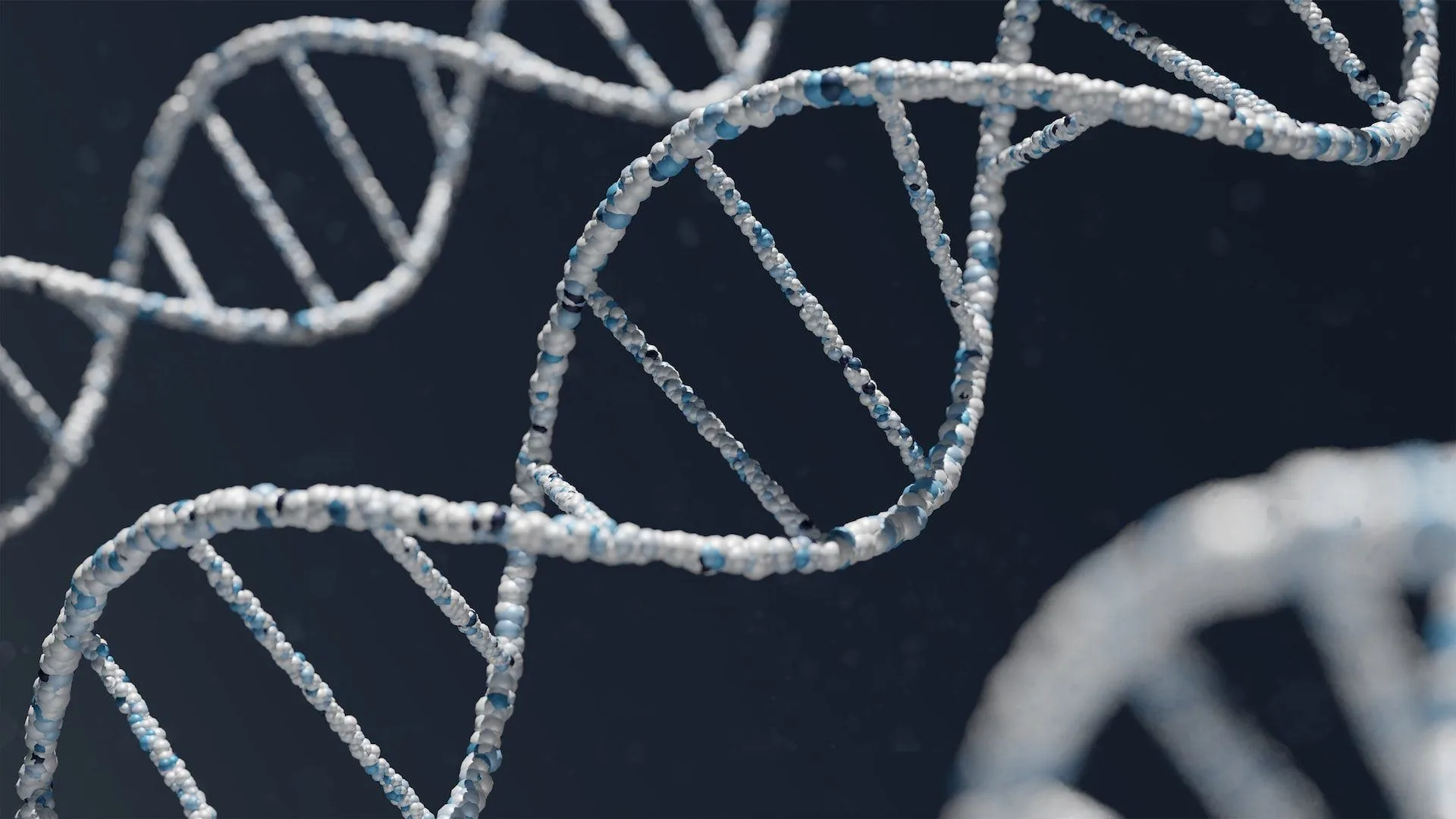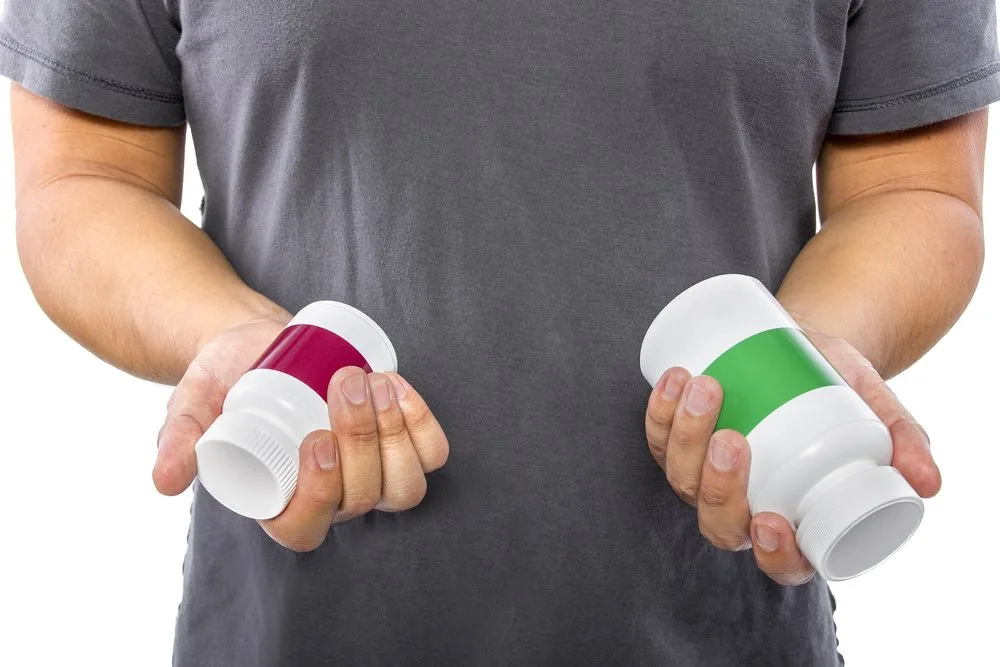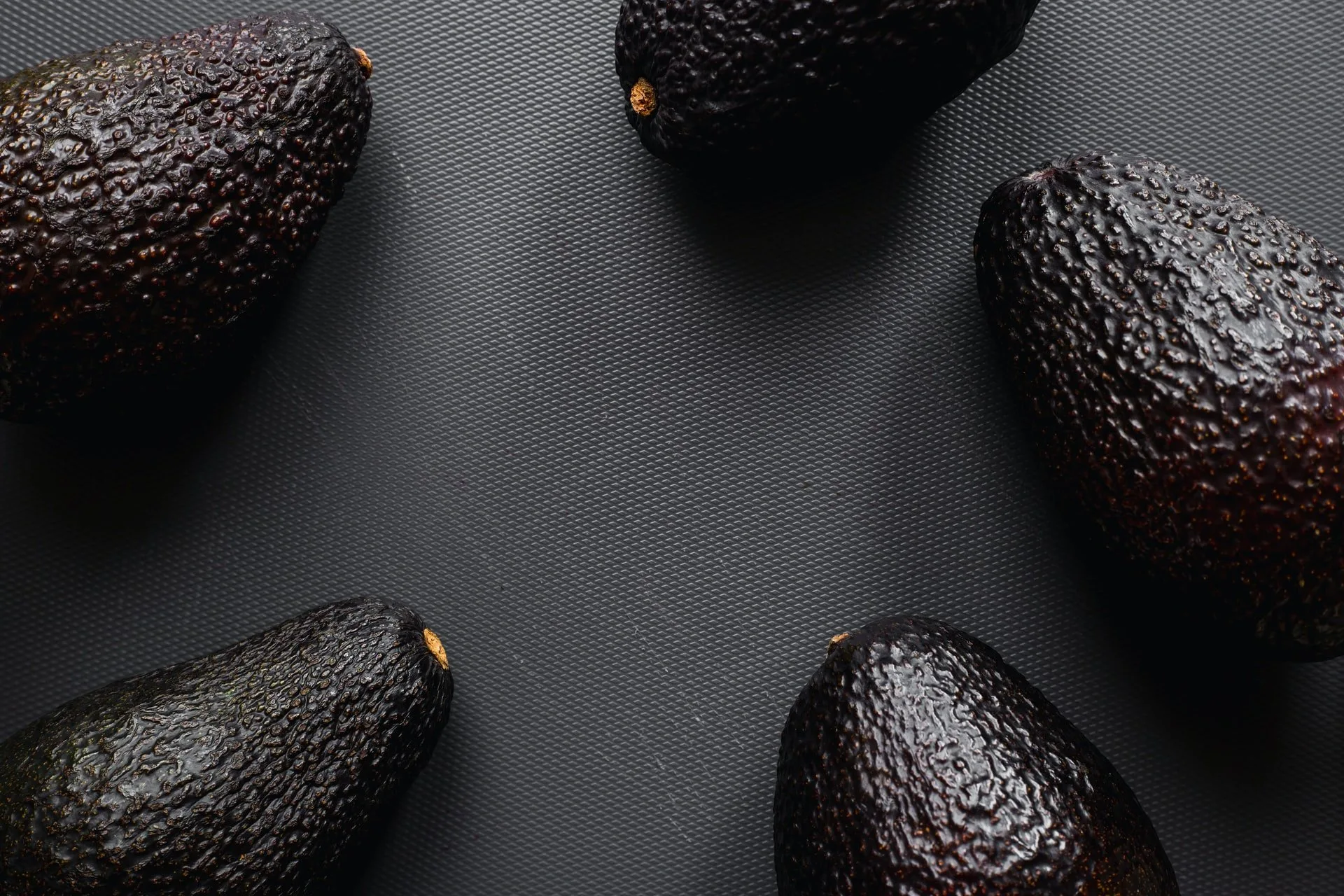Who doesn’t want to live forever? Yes, we are all going to age but there’s no reason why it can’t be a healthy and enjoyable process. As we find ways to age gracefully, one ingredient that’s a trending topic of conversation in aging and longevity circles is NMN, which stands for nicotinamide mononucleotide, with more and more aging experts examining its potential to promote our longevity and protect our health span.
What is nicotinamide mononucleotide (NMN)?
NMN (nicotinamide mononucleotide) is a naturally occurring molecule. NMN is a precursor to nicotinamide adenine dinucleotide (NAD+), which is a fundamental molecule involved in many bodily processes. With age comes the declining levels of NAD+ as by age 50, our NAD+ levels are half of what they were when we were in our 20s.
Since NMN is necessary for the production of NAD+, NMN can work to protect the body from health issues and other age-related conditions and provide additional benefits.
Health Benefits of NMN
NMN can be a great anti-aging therapy, and that’s because supplementing with it can maintain healthy levels of NAD+. In doing so, it may lead to the following health benefits for your body;
It may promote longevity

Photo by Warren Umoh on Unsplash
DNA damage has been found to contribute to aging, so attention is being placed on how repairing your DNA can help to delay premature aging. One way would be to activate sirtuins, a group of proteins that research indicated may help influence longevity in humans.
A study examined the association between NAD+ and sirtuins, and how that can influence aging. According to the findings, healthy NAD+ levels activated sirtuins, which then promoted longevity in yeast, worms, flies, and mice.
It may protect brain health
Low levels of NAD+ have been found to affect brain function, leading to memory loss, poor concentration, and other neurological effects. One animal study even found an association between depleted NAD+ levels and the progression of Alzheimer’s disease.
As low levels of NAD+ may hinder cognitive function, the consensus is that increasing these levels may have the opposite effect. According to a study published in Redox Biology, NMN supplementation helped to improve cognitive function in aged mice. As we know, NMN can help to increase NAD+ levels, and this then suggests that NAD+ can be an effective therapy for patients with cognitive impairment.
It may protect heart health
With heart disease being the leading cause of mortality worldwide, it is important to find ways to mitigate the risk, one of which may include managing the body’s levels of NAD+.

S_L/Shutterstock
Cardiovascular disease is associated with mitochondrial dysfunction, and according to a mouse study published in Circulation Research, NAD+ may serve to improve mitochondrial function. As such, the researchers believe that NAD+ may be used as an effective therapy for cardiovascular diseases.
It may keep your eyes healthy
Declining levels of NAD+ may play a role in eye-related issues, such as vision loss, that come with aging. However, replenishing the levels of NAD+ may help to protect your vision as you age.
According to a study from Harvard Health, administering NMN helped to protect against night blindness, which can progress to complete blindness.
This may encourage stem cell rejuvenation
Stem cells help to keep us healthy, but with aging, they lose the ability to regenerate and this can lead to age-related conditions. One way to ensure that our stem cells maintain their ability to regenerate is by replenishing levels of NAD+.
Research has indicated that boosting NAD levels can improve stem cell self-regeneration, which, in turn, may help to boost health and longevity.

Rommel Canlas/Shutterstock
NMN vs NAD supplements
It should be noted that the majority of the aforementioned benefits were found for NAD+, not necessarily NMN.
That said, an anti-aging expert suggested that while taking NAD supplements doesn’t lead to the same potential benefits, taking NMN supplements might.
Speaking to Healthline, Professor Andrew Salzman, MD, a Harvard Medical School alumni and anti-aging drug inventor, said that NAD levels cannot be increased by delivering NAD either orally or by IV — because NAD has no mechanism for entering the cell.
“However, it can be done by providing the starting material for NAD+, which is NMN. Cells have evolved a receptor for NMN — it’s a special protein on the surface of the cell which attaches to NMN and shuttles it into the cell. Once inside, NMN is converted by cellular enzymes to create NAD+.”
So will NMN supplements work in humans?
While the research is promising, it is still relatively new and limited. Existing research has found that NMN supplementation may increase aerobic capacity and improve sleep quality. A recent study even found that the intravenous administration of NMN is not only safe, but it may lead to the prevention and treatment of diseases associated with increased blood triglyceride levels, such as fatty liver and diabetes.
However, there aren’t enough studies to go on, especially if you’re looking for scientific credibility to take NMN supplements.
In any case, there is no reason why you shouldn’t add an NMN supplement to your day, especially because there are currently no side effects of the supplement documented in humans.

Photo by Artem Podrez
How can I naturally increase my NMN levels?
If you are interested in the anti-aging effects of NMN but have no desire to use supplements, then you can turn to natural food sources. While research has found that in rodents, their gut absorbs NMN readily, more studies are needed to see if eating NMN-rich foods may increase NAD levels.
In any case, NMN can be found in the following foods:
- Avocados
- Broccoli
- cabbage
- Cucumbers
- edamame
- tomatoes

Photo by Louis Hansel @shotsoflouis on Unsplash
Takeaway
Research has found that NMN can have health-positive effects, due to its ability to influence NAD+ levels.
That said, this research is animal-based and more human-based studies are still needed. However, if you do plan on adding NMN supplements, make sure to speak to your doctor before you do.
MAIN IMAGE CREDIT: Photo by Any Lane
Want to know more?
Nicotinamide mononucleotide is not the only compound getting attention due to its potential to boost lifespan. Since 2003, there has been great interest in resveratrol and how it may boost your longevity.



![women [longevity live]](https://longevitylive.com/wp-content/uploads/2020/01/photo-of-women-walking-down-the-street-1116984-100x100.jpg)










